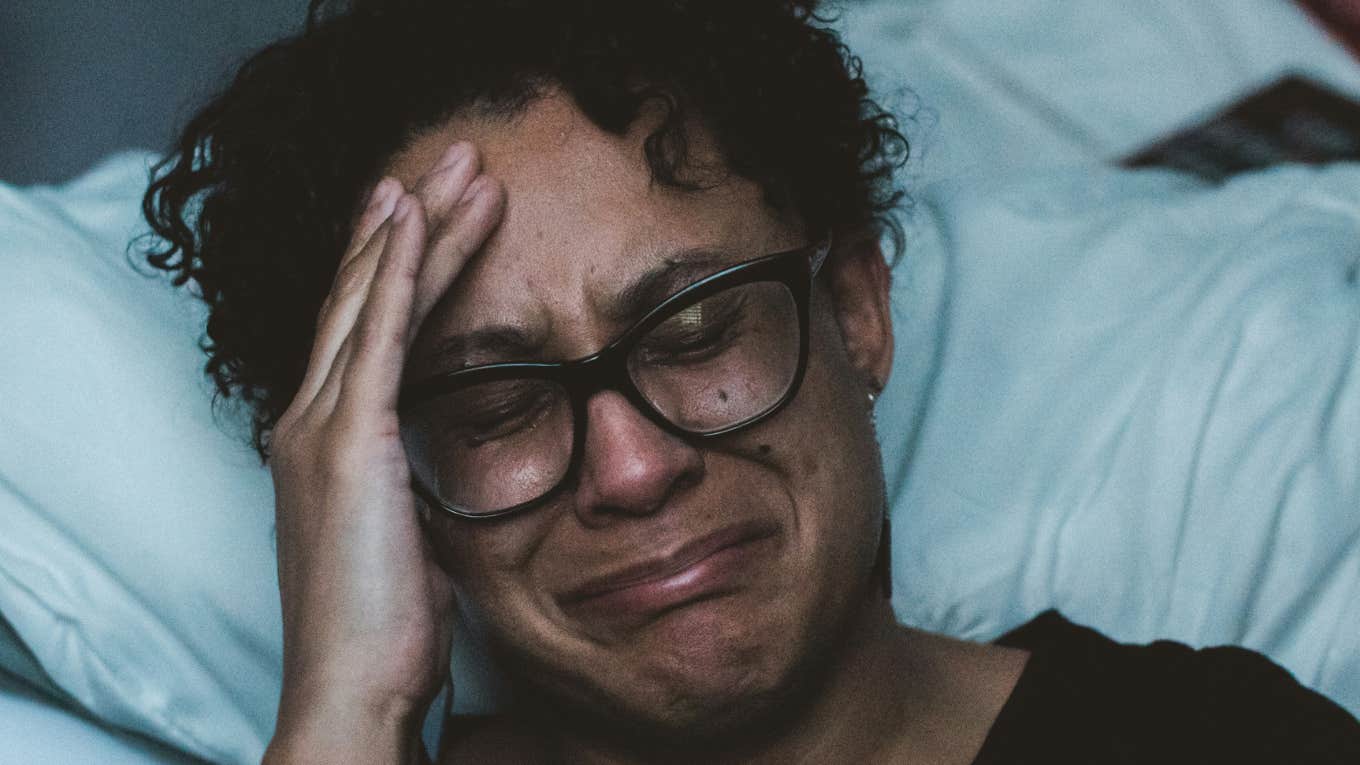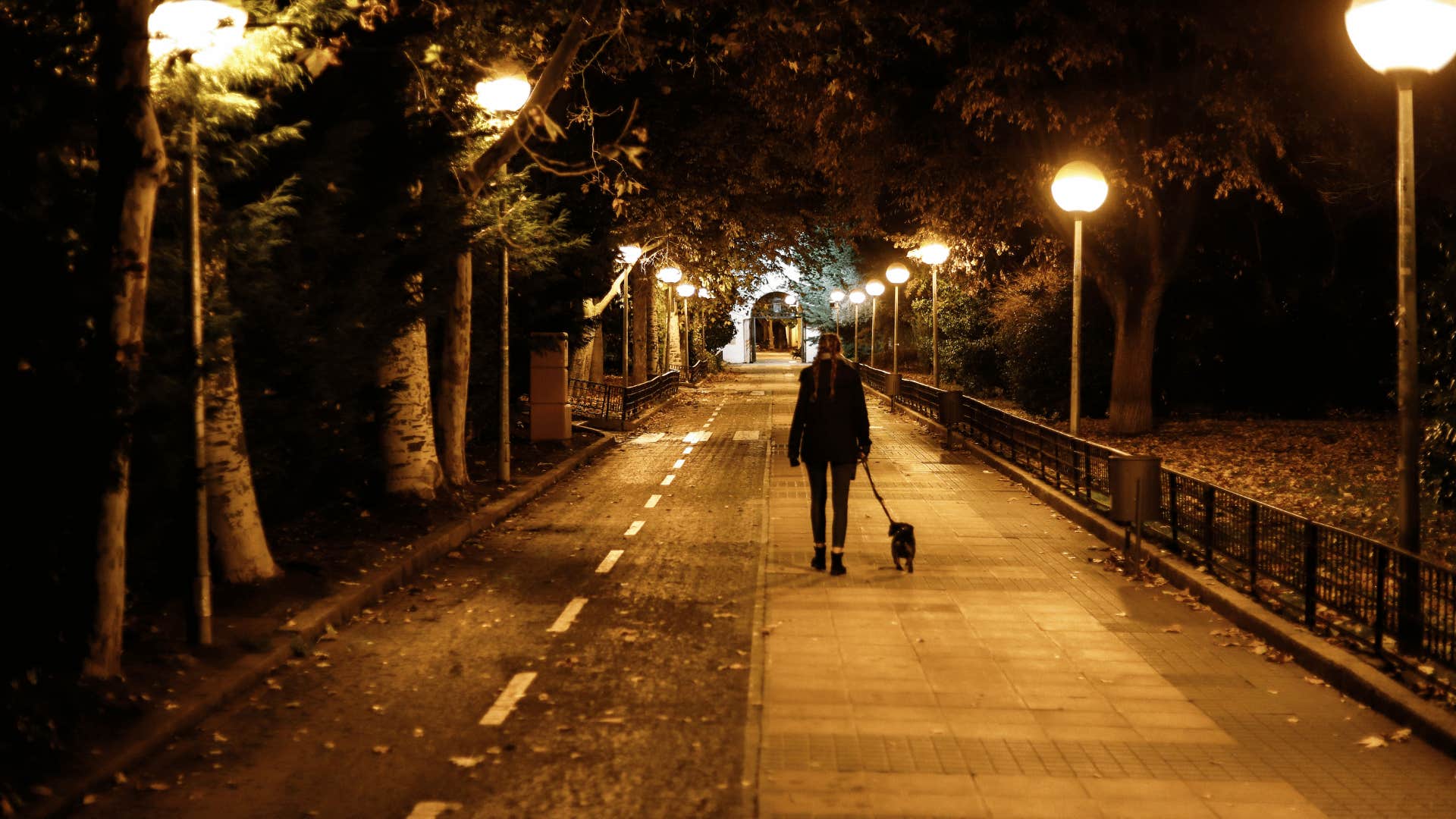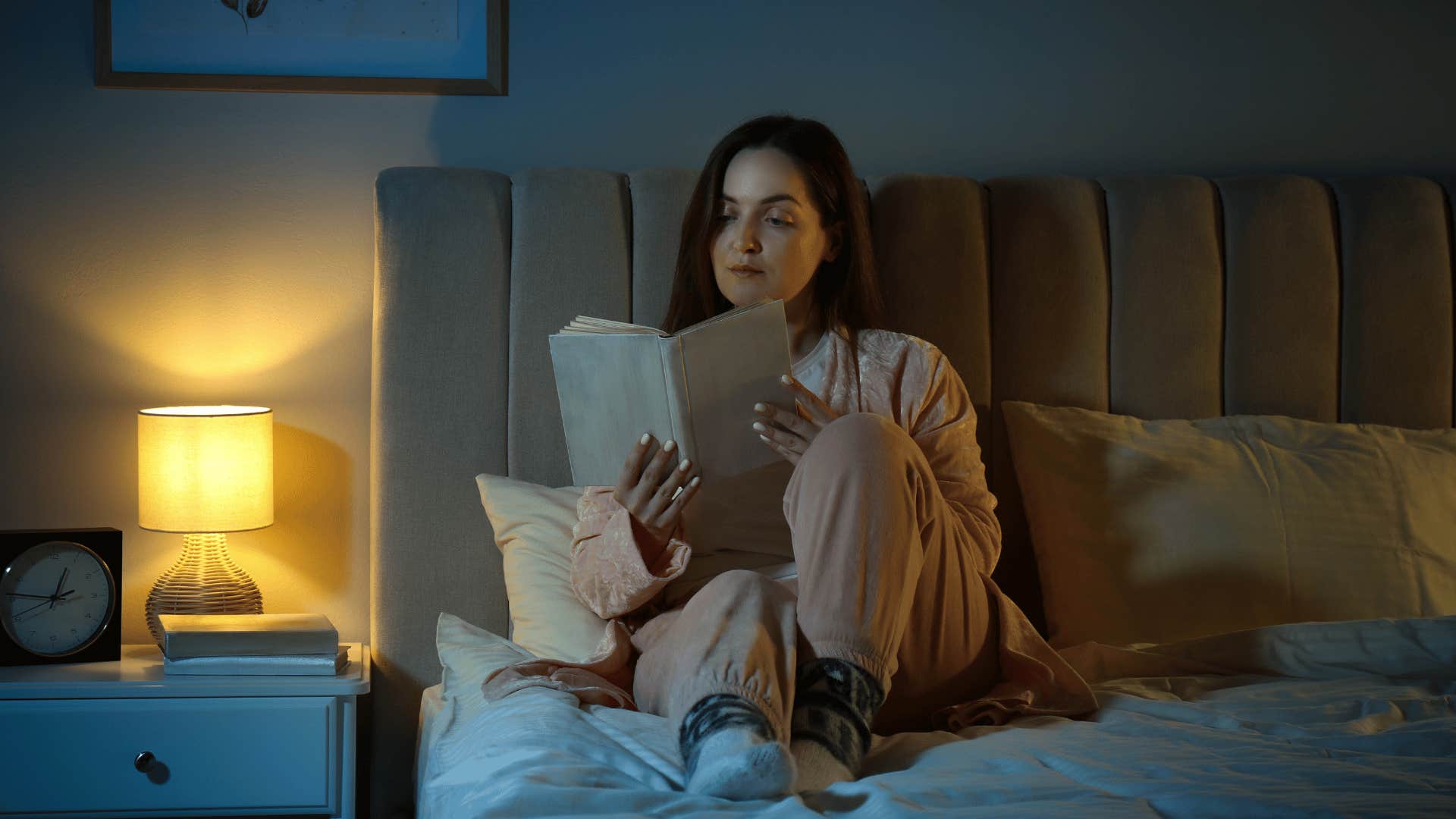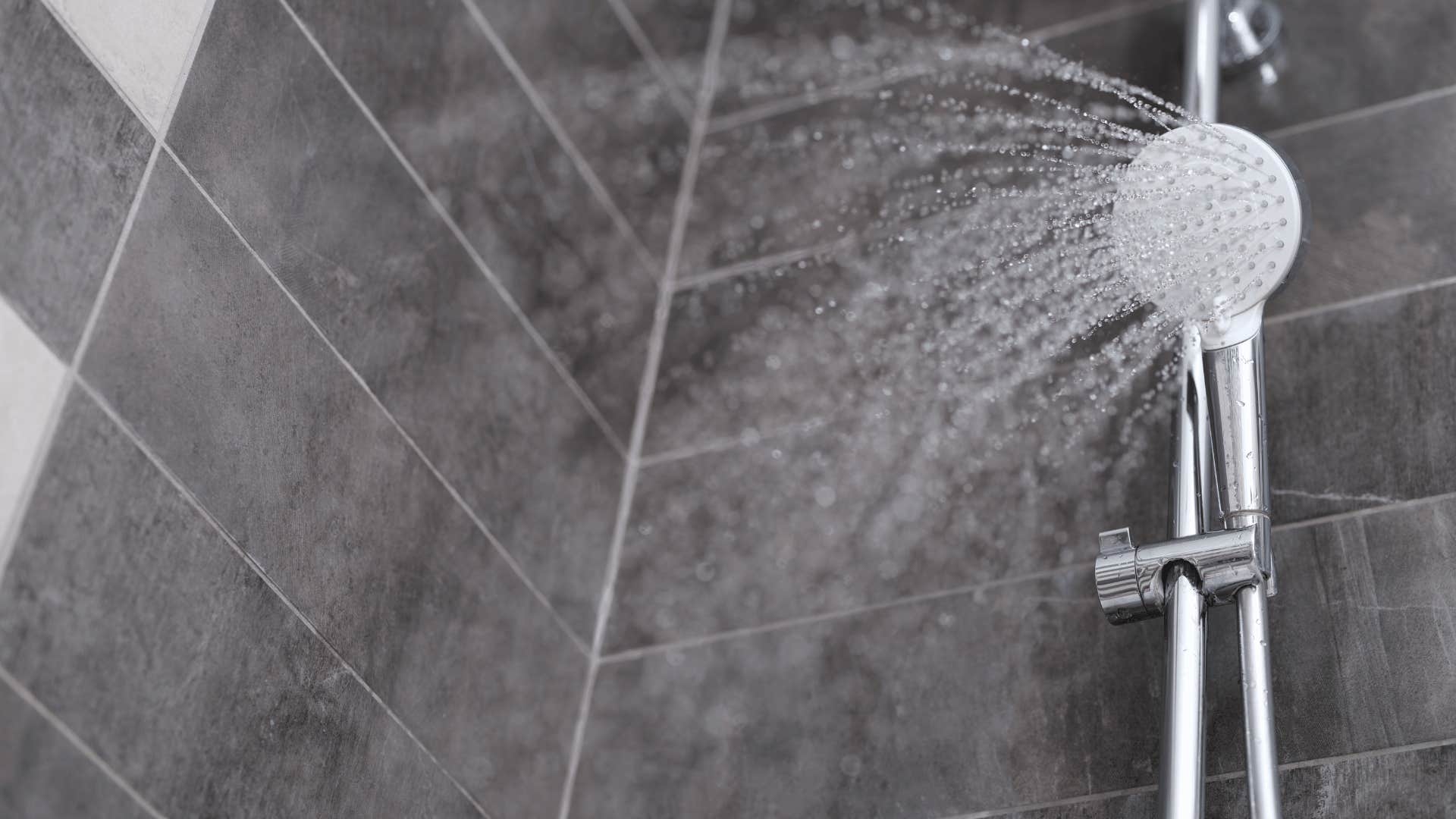8 Tiny Habits That Actually Improved My Life When I Was Really Depressed
These strategies combine to form a regimen that made my depression easier and more predictable.
 Claudia Wolff | Unsplash
Claudia Wolff | Unsplash I have had clinical depression for eleven years, and will until I die. Per Medical News Today contributor Claire Sissons — and every mental health professional I have ever consulted — ‘depression is a lifelong condition, as there is no cure’. The Cleveland Clinic further states:
Clinical depression is a chronic condition, but it usually occurs in episodes, which can last several weeks or months. You’ll likely have more than one episode in your lifetime.
How very inspiring. As for what constitutes ‘likely’, asserts 2007 research published in the peer-reviewed academic journal Clinical Psychology Review that I have over the years cited more times than I have told my mother I love her:
- 50% of the people who recover from their first depressive episode have at least one more.
- 80% of depressives who recover from two episodes have a third.
Another research paper, published in the peer-reviewed journal PLOS ONE in 2020, states:
- There is an overall 60% risk of recurrence in people who have recovered from one depressive episode.
- 70% of depressives with two past episodes ‘have recurrences throughout their life’.
- 90% of depressives with three past episodes face at least a fourth.
Despair not, for the American Psychiatric Association (APA) labels clinical depression ‘among the most treatable of mental disorders’, with 70–90% of patients responding well to treatment.
Nevertheless, clinical depression does occur in episodes, with periods of remission in between. Ever since I have been on medication, those periods have lasted longer, and the episodes themselves have been milder. But I do still have episodes, sometimes lasting weeks, sometimes months, when I lose interest in life.
Like now, in fact. There is a reason I have not been writing extensively of late. It is because I am struggling to find the motivation to even climb out of bed. Nothing feels good. I feel empty. Drained. I feel miserable.
I would never act on the more extreme thoughts, though. They never last. I have eleven years of experience facing these precise periods, which have taught me multiple strategies to implement during new episodes.
Here are the habits that improved my life when I was depressed:
1. Setting daily S.M.A.R.T. goals
 Prostock-studio / Shutterstock
Prostock-studio / Shutterstock
I often feel worthless when depressed — and when not — because I lose all motivation, which, according to certified registered nurse anesthetist Rachel Nall, MSN, CRNA, is a recognized symptom of clinical depression.
This is in part due to anhedonia, a core component of depression, where we lose interest in activities hitherto found pleasurable. That means, some days, I do nothing, and accomplish nothing, which makes me feel useless, worthless, and directionless.
Sometime in 2022, I began addressing this by setting daily goals. I lacked the discipline for strict routines, but I needed some modicum of structure, so I began penning objectives I needed to meet by the end of each day. I later discovered I had, without realizing it, been setting myself S.M.A.R.T. goals, which stands for:
- S: Specific
- M: Measurable
- A: Achievable
- R: Relevant
- T: Timebound
A common daily goal I would set for myself in 2022 was to write five pages of my next novel. That was specific and measurable — five pages. I achieved five pages almost all the time. It was relevant, too, because I am an author. And ‘by the end of the day’ was a valid time limit.
These goals kept me moving forward, spurred measurable progress, boosted my self-confidence, gave my life direction, and kept me productive, which eased my feelings of uselessness and worthlessness. The critical part is setting small, realistic, achievable goals. If one sets impossible goals, this method could backfire spectacularly.
2. Going for at least a 20-minute walk every evening
 Alvaro Hernandez Sanchez / Shutterstock
Alvaro Hernandez Sanchez / Shutterstock
Being physically active during depressive episodes is difficult, since, according to a 2006 research article published in the peer-reviewed Journal of Clinical Psychiatry, fatigue and sleepiness are ‘highly prevalent’ in people with clinical depression. Whenever I am depressed, my body feels heavier than a sack of rocks, and I am perennially drowsy.
Of course, when I close my eyes, I cannot sleep. Thanks, life.
However, exercise, per research dating as far back as 2004, has been found quite beneficial for the depressed. For starters, The Mayo Clinic suggests first that exercise releases endorphins — feel-good brain chemicals that boost our mood and improve our sense of well-being — and second that exercise can be an effective distraction from our worries.
Then there are the words of a Harvard Medical School assistant professor of psychiatry, Dr. Michael Craig Miller, who asserts:
In people who are depressed, neuroscientists have noticed that the hippocampus in the brain — the region that helps regulate mood — is smaller. Exercise supports nerve cell growth in the hippocampus, improving nerve cell connections, which helps relieve depression.
However, the National Health Service (NHS) warns that we should enjoy the form of exercise we choose, or we will struggle to find motivation. Now, I despise the gym. I do not want to talk about benching, have protein shakes for breakfast, and take flexing mirror selfies while scowling, like I am upset my arms are now broader than the Nile River.
But I love walking. According to WebMD, walking promotes stress relief, improved sleep, increased energy and stamina, reduced tiredness, improved mental alertness, and an overall boosted mood via increased blood flow and improved blood circulation to the brain and body.
The APA provides some startling statistics:
- There is an 18% lower risk of depression among people who get around 75 minutes of brisk walking per week.
- There is a 25% lower risk among people who get around 2.5 hours per week, which is the recommended amount. Going beyond 2.5 hours ‘does not seem to confer extra mood benefits’.
- 1 in 9 cases of depression could potentially be prevented if people got 150 minutes of physical activity per week.
I go on daily 45-minute brisk walks when not depressed. Over the past few weeks, however, I have been able to maintain the 45-minute length, but have been going on alternate days, because I just cannot get motivated, and feel beyond exhausted. It is something I am working on, but even 45 minutes every other day is sufficient to cross the 2.5-hour mark.
However, 45 minutes might be ambitious for a beginner, so I recommend starting at 10 minutes and working upward. In general, 20 minutes should be enough, since 20 minutes per day equates to 2.3 hours per week.
3. Reading a book instead of scrolling at bedtime
 New Africa / Shutterstock
New Africa / Shutterstock
According to the National Heart, Lung, and Blood Institute (NHLBI), insomnia is a sleep disorder characterized by difficulty falling or staying asleep, or by a lack of quality, restorative sleep. Insomniacs, reveals John Hopkins Medicine (JHM), have a 10x higher risk of developing depression, and, in turn, around 75% of depressives have insomnia.
As enumerated by Cleveland Clinic, insomnia causes:
- Mood disruptions, especially irritability
- Tiredness and drowsiness
- Delayed reflexes
- Problems with cognition, including poor memory, slowed thinking, and/or concentration issues
- Disruptions in work/social routines
I used to sleep four hours a night and never felt rested in the morning. In addition to the above symptoms, I also experienced soreness and a constant, dull, bitter headache. Ever since this current episode commenced, my sleep quality has deteriorated once more.
But the situation is not half as bad as before, since I now read at bedtime, particularly when depressed. I start awake and alert, but as the clock keeps ticking, I find myself getting calmer, drowsier, and — some days this takes over an hour, other days ten minutes — eventually my eyelids begin to droop and the words on the page begin to swim.
At that point, I set the book aside, roll over, and am unconscious in no time. And in the morning, I do feel rested. Not as much as I would like, but oh well.
As The Sleep Foundation sums up: Research suggests that people who read before bed generally sleep better, wake up less often, and sleep for longer than people who go to bed without reading.
One of the studies the authors might have relied upon is a randomized trial from 2021, published in medical journal Trials, that found 42% of its respondents felt their sleep quality improved after beginning to read at bedtime.
Another study from the same year, published in Nature and Science of Sleep found its participants slept for longer when they read at bedtime.
It works for me. Whether it is literary fiction, a thriller, or non-fiction, reading at night knocks me out cold.
4. Going on social media blackouts
 Rido / Shutterstock
Rido / Shutterstock
I am not the kind to be glued to social media anyway, but when I am depressed, I feel this inexplicable yet undeniable urge to retreat, go off the grid, erase my footprint, and make myself as small as possible. I remove my profile pictures to signal I am away, then erase all the apps. Somehow, that makes me feel better, lighter, calmer, less overwhelmed.
I sometimes do something on my phone, then return to the home screen, and my eyes are drawn to those apps, I open one, and I start scrolling, and before I know it the sun is down and everyone is asleep and I am still scrolling. I always feel sad and guilty after these scroll sessions, whose psychology is explained in Harvard Business Review.
So, to avoid the 2-for-1 special of scroll regret while depressed, I delete social media from my phone. Not every time, but often.
It turns out I am on to something because according to a 2018 study, reducing social media use to 10 minutes daily over 3 weeks leads to ‘significant reductions’ in loneliness, depression, and anxiety.
Furthermore, a research article from 2022, published in the scientific journal Cyberpsychology, Behavior, and Social Networking, found taking a 1-week break from social media led to ‘significant improvements in well-being, depression, and anxiety’.
Research published in the same journal in 2021, found social media breaks led to improved sleep quality. You know, I am starting to think too much social media might be unhealthy.
Do you know what would be the ultimate troll job? Posting about the ill-effects of social media … on social media.
5. Sharing with close friends and increasing text/call frequency
 Rawpixel.com / Shutterstock
Rawpixel.com / Shutterstock
It is easy, when depressed, to become isolated, to feel like no one understands, to lack the energy for conversations, for social contact. It can feel safe, even peaceful, to lock ourselves away, to shun society.
2021 research published in the International Journal of Environmental Research and Public Health, found 47.1% of its depressed respondents sometimes, and 24% often, felt lonely.
In addition, a team of University College London (UCL) researchers discovered in 2020 that loneliness was responsible for 18% of depression cases among over-50s in England.
However, loneliness is a dangerous health risk, even for non-depressives.
The APA reveals loneliness causes ‘depression, poor sleep quality, impaired executive function, accelerated cognitive decline, poor cardiovascular function, and impaired immunity at every stage of life.’
Loneliness also increases our risk of stroke and premature death, whatever the cause. Speaking to the APA, American Cancer Society public health researcher Kassandra Alcaraz, PhD, MPH, states:
Our research shows that the magnitude of risk presented by social isolation is very similar in magnitude to that of obesity, smoking, lack of access to care, and physical inactivity.
Now, I do not know about you, but I would rather not die a moment sooner than I have to, and neither would I rather suffer from ill health.
That — and the fact that loneliness feels awful — is why I make a point, whenever depressed, to increase contact with my friends and family.
Not that I neglect them during normal times, but, when I am amid depressive episodes, I begin craving social contact, and, since I have the best friends one could ask for, I need only place one phone call to find the precise kind of support I need. My closest friends, in fact, now recognize when I am depressed, and do not let me isolate myself.
I, in turn, am transparent with them, telling them my thoughts, my feelings, my fears, my woes. I vent. I hold nothing back. Absolute honesty. And boy does it feel liberating.
6. Making sure to shower in the morning
 H_Ko / Shutterstock
H_Ko / Shutterstock
Personal hygiene is often among the first casualties of clinical depression. Since, as we established, depressives face chronic fatigue and exhaustion, tasks like changing clothes, brushing our hair, and brushing our teeth, can feel impossible. The person might thus disregard their hygiene.
This, according to the National Alliance on Mental Illness (NAMI), is known as ‘hygiene indifference’, and is one of the earliest indicators of clinical depression. NAMI’s description of a depressive contemplating a shower lands much too close to home:
When experiencing the crushing weight of depression, showering can feel like an ordeal that requires exhausting amounts of forethought and effort. The number of steps feels intimidating; making sure the water is hot, washing everywhere, drying off efficiently, moisturizing, and then putting on clean clothes can feel like a lot to handle with deep depression.
However, the mental health benefits of showers are immense. According to Valley Oaks Health, warm showers relax our muscles, reduce tension, and decrease our levels of cortisol, the stress hormone, while cold showers improve hormone regulation and circulation and release endorphins that improve our overall mood. In addition, a hot shower before bedtime improves our sleep quality, per The Sleep Foundation.
When I am depressed, I aim for a warm shower each morning. Putting aside the research, showering in the morning just makes me feel clean and scrubbed like it is a new day, and I am prepared to face its endless possibilities.
That increased confidence translates to higher self-esteem, which is one of depression’s worst enemies. Also, knowing I am maintaining at least some level of personal hygiene is one less thing to worry about, which promotes peace of mind.
7. Doing something creative twice a week
 BongkarnGraphic / Shutterstock
BongkarnGraphic / Shutterstock
Depression comes with a smorgasbord of overwhelming negative emotions, like anger, frustration, hopelessness, self-hatred, and more, that seek a release.
Now, one could turn to drink, but I have been there, and I recommend with every ounce of breath in my body that one find another, healthier outlet, one that does not turn one’s wallet redundant and make them drown in shame for not being able to resist temptation.
I, instead, create. Some say writing is a creative pursuit, but to me, it is just something I do. It is no more a separate activity to me than breathing. I paint. And I cook.
I am a jack of some trades, master of absolutely nothing, and I know both how to paint — using watercolors — and cook — using my hands — and, when I am depressed, I make a point to engage in each once per week. I might paint on a Tuesday, and cook on a Saturday.
I find cooking particularly peaceful. I close the kitchen door — I do not know how couples cook together; I need the kitchen to myself, no entry whatsoever to any other living being — and turn a bunch of disparate ingredients into a harmonious dish.
Feeding people, and watching them eat, is an immensely rewarding feeling. And, thankfully, I happen to be a passable cook, by the genes of my mother, an excellent cook.
Painting is also rewarding, but it is more arduous. One mistake, one slip, one miscalculation, and the whole picture is ruined. But I can paint — not as well as I can cook — and when I am successful, it is sheer delight.
Both painting and cooking have been linked to a brighter mood, but, personally, while doing both, I enter an almost meditative state, where my worries recede to the back of my mind, and marinate there, and sometimes I end the session with a fresh perspective. But even when I do not, I will take an hour of distraction any day.
Besides, the sense of accomplishment afterward boosts my self-confidence and self-esteem and produces in me a state of euphoria.
8. Watching a movie/TV episode at least every other day
 Krakenimages.com / Shutterstock
Krakenimages.com / Shutterstock
This is another method for the release of negative emotions, a distraction extraordinaire. Jenny Hamilton, senior lecturer in counseling and psychological therapies at the University of Lincoln says:
I found that film engages people emotionally in ways that can be therapeutic. Talking about movie characters can feel more comfortable than discussing issues directly as it gives the person some emotional distance from what they’re going through. Films can also help people learn life skills from how movie characters deal with their challenges.
Movies present the opportunity to forget about our problems for up to two hours and to become immersed in different characters, in another world. And, for me, they inspire, since I am also a fiction author.
Watching movies is one such lifestyle change that requires little effort, yet yields significant results. Rare is the movie that has not made me forget, that has not made me feel, that has not made me wonder why I do not do this more often. For that reason, when depressed, I watch one movie, or television episode, at least every other day.
There is a need for lifestyle modifications when clinically depressed despite receiving treatment.
Why, one might wonder, must we make lifestyle changes to battle clinical depression despite receiving clinical treatment? ‘Treatment’ for clinical depression is not as simple as taking meds for a fever. It is not about eliminating the depression forever, but about reducing the extremes, easing the symptoms, and improving our quality of life.
Medication does not ‘cure’ clinical depression. According to JHM, meds that once worked for someone might over time become ineffective, especially when used for prolonged periods. JHM also states up to 33% of people using antidepressants face returning symptoms.
Relying on external treatment alone is unwise. Which means I used to. But I stopped when I saw a paper cup being blown along the sidewalk one morning. When the wind stopped, so did the cup. Something clicked within me then, and I realized I could not keep depending on the clinical treatment to push me forward. I had to take proactive steps myself.
Clinical treatment softens the ferocity of depressive episodes, but self-management, in the form of lifestyle changes, is also needed. I hope these eight suggestions help you manage your episodes.
Chandrayan Gupta is a freelance writer specializing in mental health and a published author of psychological crime thriller novels. He is also a law graduate, music lover, avid gamer, insatiable bibliophile, and the proud companion of a hyperactive labrador.

